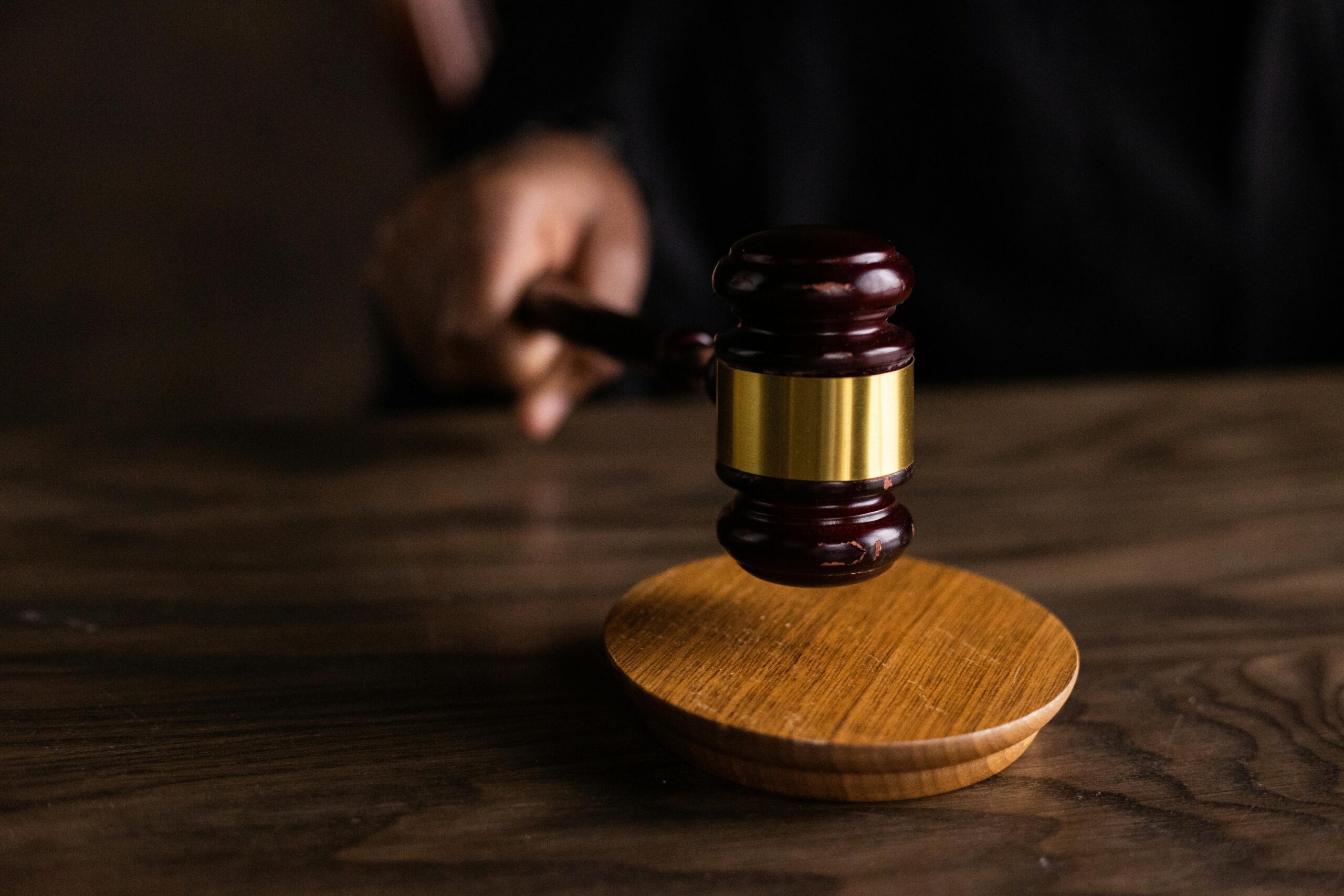DebtDefend's Official Blog
The Authoritative Destination for DebtDefend News, Promotions, Education, and More.
Debt collection can be a stressful experience, often accompanied by harassing calls and confusing legalese. Fortunately, the Fair Debt Collection Practices Act (FDCPA) exists to protect consumers from unfair or abusive practices by debt collectors. This article explains your rights under the FDCPA and empowers you to navigate debt collection with confidence.
Debt can linger for years, causing financial strain and impacting your credit score. But there's a light at the end of the tunnel: in most cases, there's a timeframe within which creditors or debt collectors can legally pursue repayment. This timeframe is known as the statute of limitations (SOL).
Nicholas Financial, a consumer finance company specializing in car loans, faced a class-action lawsuit alleging violations of debt collection laws in Missouri. The lawsuit, filed in 2021, claimed the company failed to properly notify borrowers before repossessing their vehicles and explaining the sale process afterward.
Debt can feel like a relentless storm, threatening to drown you financially. In Kentucky, however, there are shelters from this storm – laws that protect you from unfair debt collection practices. Understanding these laws and available resources empowers you to navigate the debt collection landscape with confidence.
A judgment on your credit report can feel like a scarlet letter, a constant reminder of a financial misstep. While judgments don't directly impact your credit score, their presence can significantly hinder your ability to obtain new lines of credit for months or even years. Understanding the impact of judgments and potential strategies can help you navigate this financial hurdle.
Managing outstanding financial obligations in Colorado can be a source of worry. Fortunately, Colorado has a legal framework that protects consumers from unfair practices. This guide explores Colorado's debt collection laws and the federal Fair Debt Collection Practices Act (FDCPA) to empower you to navigate these situations with confidence.
Unresolved financial obligations can create a sense of burden in Connecticut. However, the Constitution State upholds consumer rights through legal safeguards. This guide empowers you with knowledge of Connecticut's debt collection laws and the federal Fair Debt Collection Practices Act (FDCPA) to navigate these situations effectively.
Debt collectors calling relentlessly can be stressful, and sometimes they offer a seemingly tempting solution: settle the debt outside of court for a lower amount. While settling can be a viable option, it's crucial to understand the implications before moving forward. This article explores the key considerations when debt collectors propose an out-of-court settlement.
Navigating debt laws can be a formidable task, but understanding your rights and resources is crucial for managing financial challenges effectively. In the state of Illinois, residents facing debt-related issues benefit from a robust legal framework designed to protect consumers and provide avenues for resolution. Let's explore the key aspects of debt laws in Illinois and the important resources available to residents.








